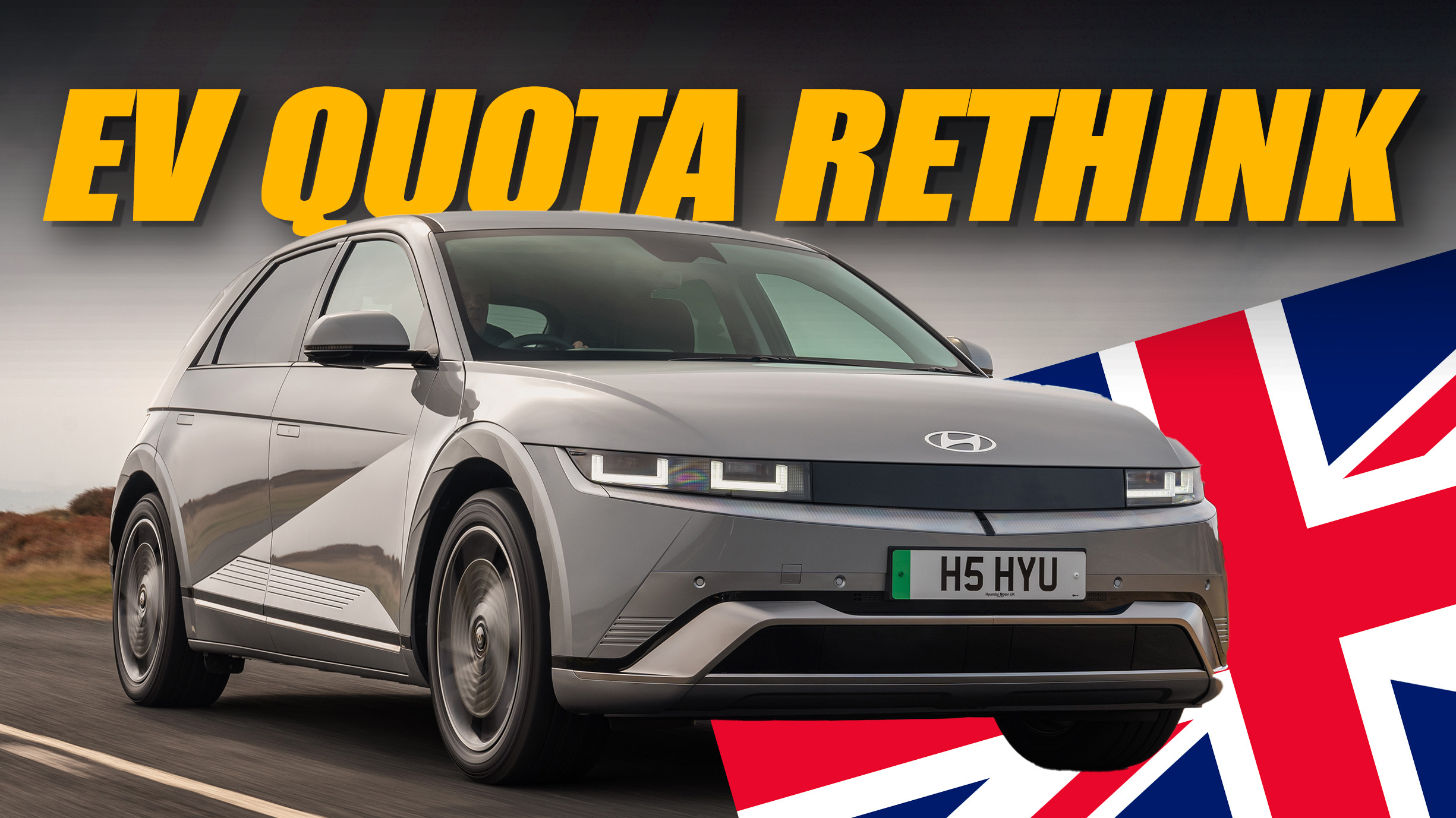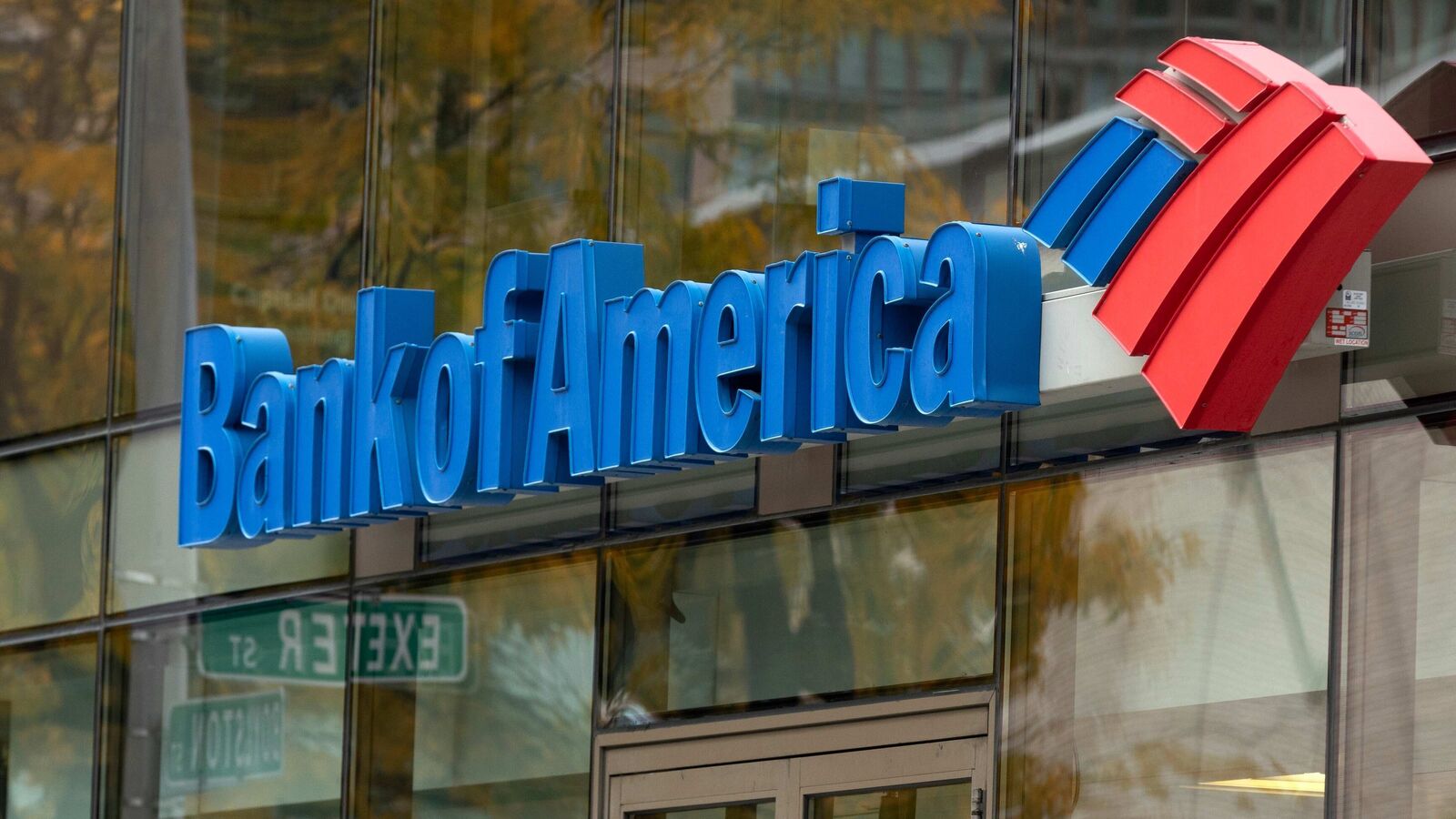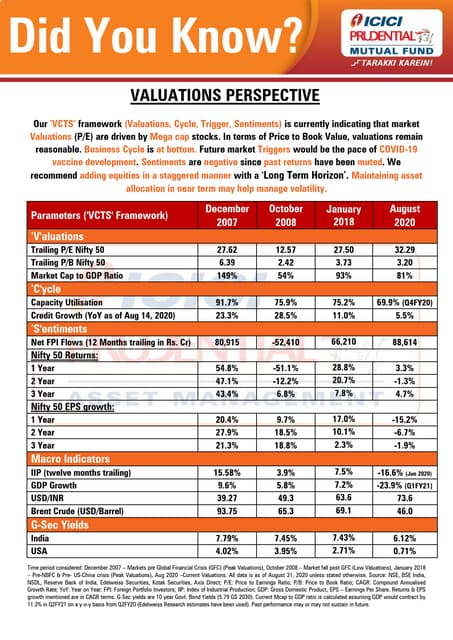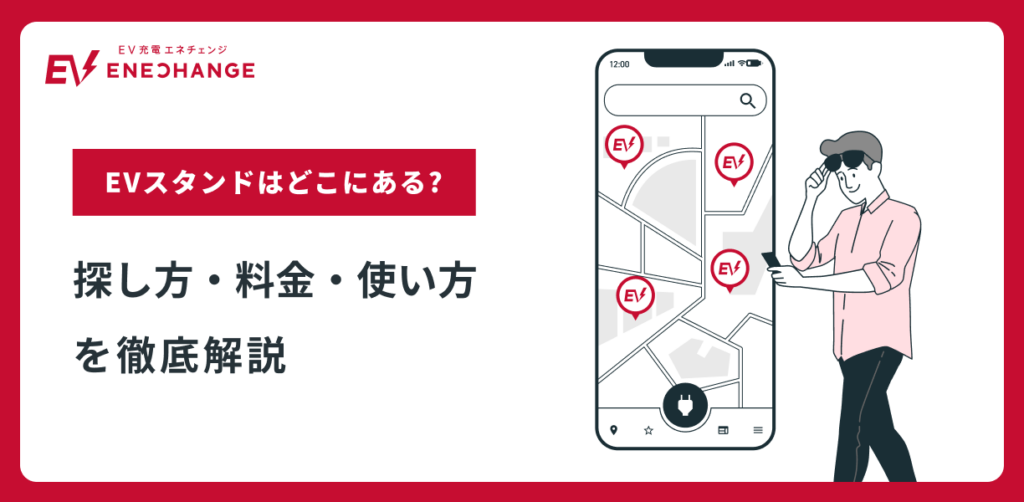EV Mandate Opposition: Car Dealers Double Down On Concerns

Table of Contents
Financial Impacts and Investment Challenges
The transition to an EV-centric market presents significant financial hurdles for car dealerships, particularly smaller independent operators. These challenges impact both immediate profitability and long-term viability.
High Initial Investment Costs
Dealerships face substantial upfront costs to adapt to the EV sales and service landscape. These costs are not easily absorbed, especially for smaller operations with limited capital.
- Installation of Level 2 and DC fast chargers: The infrastructure required for EV charging is expensive, requiring significant investment in equipment, installation, and ongoing maintenance.
- Employee retraining on EV technology: Technicians need specialized training to diagnose and repair EV components, a process that demands considerable time and financial resources.
- Investment in diagnostic equipment: EVs require specialized diagnostic tools and software, representing a substantial additional capital outlay.
This significant financial burden often necessitates seeking loans and financing, adding further complexity and increasing the pressure on dealerships to achieve a rapid return on investment (ROI). Failure to secure adequate financing or generate sufficient ROI could lead to business closure or consolidation within the industry.
Reduced Profit Margins
Dealerships also argue that current EV profit margins are significantly lower than those of traditional internal combustion engine (ICE) vehicles, impacting their overall profitability and sustainability.
- Lower service revenue from EVs: EVs have fewer moving parts and require less frequent maintenance, resulting in reduced service revenue compared to ICE vehicles.
- Higher upfront investment costs offsetting immediate profits: The substantial initial investment in infrastructure and training can outweigh the immediate profits from EV sales, creating a temporary period of financial strain.
- Potential for lower vehicle sales volume in the short term: Lower consumer demand and limited EV availability can result in lower overall sales volumes, further impacting profitability.
These lower profit margins, coupled with high initial investment costs, create a challenging financial environment for dealerships during the transition to electric vehicles.
Consumer Adoption and Market Readiness
The success of any EV mandate hinges on consumer adoption, a factor that dealerships currently perceive as significantly underdeveloped.
Limited Consumer Demand
Many dealers believe that current consumer demand for EVs simply doesn't justify the current pace of mandated EV adoption. Several factors contribute to this limited consumer demand:
- Concerns about range anxiety: The limited driving range of some EVs and the lack of widespread charging infrastructure contribute to consumer apprehension.
- Charging infrastructure limitations: The uneven distribution and limited availability of public charging stations remains a major barrier to EV adoption.
- High purchase prices: EVs often command higher purchase prices compared to similar ICE vehicles, deterring price-sensitive buyers.
- Lack of consumer awareness regarding EV benefits: Many consumers remain unaware of the full benefits of EV ownership, such as lower running costs and environmental advantages.
Geographical disparities further exacerbate this issue, with EV adoption significantly higher in areas with well-developed charging infrastructure and supportive government policies.
Infrastructure Gaps
The lack of a robust charging infrastructure is a critical obstacle to widespread EV adoption, directly impacting consumer confidence and dealer viability.
- Lack of public charging stations: The insufficient number of public charging stations, particularly in rural areas, is a significant barrier.
- Uneven distribution of charging networks: Charging stations are often concentrated in urban areas, leaving underserved communities with limited access.
- Concerns about charging speed and reliability: Concerns about charging speed and the reliability of charging stations remain significant barriers.
Addressing these infrastructure gaps requires substantial government investment and collaboration with private companies to expand charging networks and ensure their widespread availability.
Training and Workforce Challenges
The shift to EVs requires significant upskilling and retraining within dealerships, presenting another facet of the EV mandate opposition.
Specialized Training Requirements
Training dealership staff to service and sell EVs necessitates a significant investment in time and resources.
- Training costs for technicians to service EV batteries and powertrains: EV technology requires specialized knowledge and skills, demanding extensive training programs.
- Training costs for sales staff on EV technology and features: Sales staff need to understand the intricacies of EV technology to effectively advise and sell EVs.
- Time commitment for training programs: The time commitment required for training programs can impact dealership productivity and operational efficiency.
This training burden, coupled with a potential skills gap in the automotive industry, presents a significant challenge in attracting and retaining qualified technicians with EV expertise.
Government Support and Regulatory Concerns
Dealerships argue that current government support for the EV transition is inadequate to compensate for the financial burdens placed upon them.
Lack of Sufficient Government Support
Dealerships believe that existing government support programs fail to sufficiently offset the costs of transitioning to an EV-centric model.
- Limited incentives for dealerships to invest in EV infrastructure: Current incentives may not be sufficient to cover the high costs of installing charging stations and upgrading facilities.
- Lack of funding for employee training: Limited funding for employee training programs further compounds the financial challenges faced by dealerships.
- Concerns about regulatory burdens: The complexities and potential burdens of navigating new regulations add to the operational challenges faced by dealerships.
The lack of comprehensive and supportive government policies contributes significantly to the opposition to EV mandates within the automotive dealership sector.
Conclusion
The opposition to EV mandates from car dealerships stems from a confluence of financial, logistical, and market-related concerns. While acknowledging the imperative of transitioning to sustainable transportation, dealers highlight the need for a more measured and realistic approach that accounts for the challenges they face. This necessitates increased government support, including substantial financial incentives for infrastructure investment and employee training, improved consumer education campaigns to address range anxiety and promote EV benefits, and a concerted effort to build out a robust and reliable charging infrastructure. Ignoring these concerns risks significant disruption to the automotive industry and could ultimately hinder the widespread adoption of electric vehicles. A collaborative effort between policymakers, manufacturers, and dealerships is therefore crucial for ensuring a smooth and successful transition to an electric vehicle future. Addressing the concerns behind the EV mandate opposition is paramount for achieving a truly sustainable and effective electric vehicle revolution.

Featured Posts
-
 Tokyo To Seattle Flight Diverted Due To Passenger Incident
May 27, 2025
Tokyo To Seattle Flight Diverted Due To Passenger Incident
May 27, 2025 -
 Kleftes Stoxopoioyn Ilektrika Aytokinita Binteo Apokalyptei Ti Listeia Kalodion
May 27, 2025
Kleftes Stoxopoioyn Ilektrika Aytokinita Binteo Apokalyptei Ti Listeia Kalodion
May 27, 2025 -
 Stream Yellowstone 1923 Season 2 Episode 5 Free Online Tonight
May 27, 2025
Stream Yellowstone 1923 Season 2 Episode 5 Free Online Tonight
May 27, 2025 -
 Ray Js Statement On Joining Kai Cenats Stream
May 27, 2025
Ray Js Statement On Joining Kai Cenats Stream
May 27, 2025 -
 Bouamrane Vs Faure L Avenir Du Parti Socialiste En Jeu Au Congres
May 27, 2025
Bouamrane Vs Faure L Avenir Du Parti Socialiste En Jeu Au Congres
May 27, 2025
Latest Posts
-
 Trumps Clemency Grants Former Gang Leader Among 26 Recipients
May 30, 2025
Trumps Clemency Grants Former Gang Leader Among 26 Recipients
May 30, 2025 -
 Bof A On Stock Market Valuations Why Investors Shouldnt Be Alarmed
May 30, 2025
Bof A On Stock Market Valuations Why Investors Shouldnt Be Alarmed
May 30, 2025 -
 Investor Concerns About Stock Market Valuations Bof As Perspective
May 30, 2025
Investor Concerns About Stock Market Valuations Bof As Perspective
May 30, 2025 -
 Assessing The Potential Of Kg Motors Mibot In The Japanese Ev Market
May 30, 2025
Assessing The Potential Of Kg Motors Mibot In The Japanese Ev Market
May 30, 2025 -
 Is Kg Motors Mibot The Answer To Japans Electric Vehicle Needs
May 30, 2025
Is Kg Motors Mibot The Answer To Japans Electric Vehicle Needs
May 30, 2025
